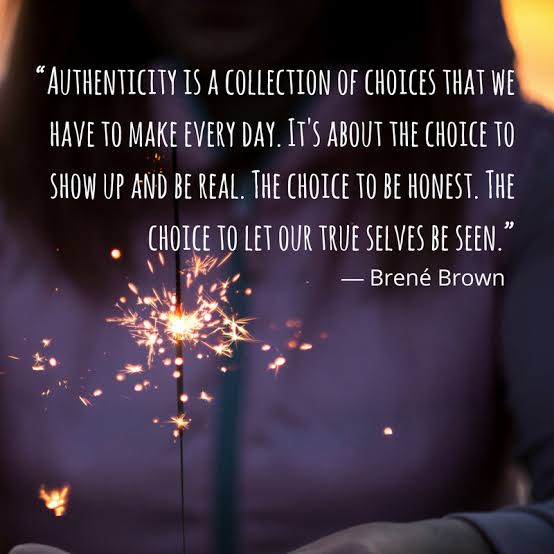The ancient Greeks used 7 words to define the different states of love:
Storge: natural affection, the love you share with your family.
Storge is the effortless love that parents have for their children. It is characterised by acceptance, forgiveness, and sacrifice. Through this love, children come to understand comfort, nurturing, security, and safety.
Philia: the love that you have for friends.
Philia is connected to companionship, trust, and friendship and most often exists when values are shared and feelings are mutually reciprocated. The Greeks considered Philia to be love among equals. It is free from physical attraction and has more to do with loyalty or a sense of team.
Eros: sexual and erotic desire kind of love.
Eros is sexual desire in its purest form. Eros is both intense, consuming, and yet also quick to fade. Relationships built only on this form of love do not tend to last, which provides immense insight into the many short-lived relationships in our society that glamorises Eros.
Agape: this is the unconditional love, or divine love.
Agape is what we feel for humanity, Mother Earth, and the Divine. We tap into Agape most easily through meditation, time in nature, and following our intuition while walking our spiritual path. Agape is given without expectation of anything in return. The Greeks considered Agape, the highest form of love. It is bigger than our individual selves, free from desire and expectations, and exists despite shortcomings. It is connected to All That Is.
Ludus: this is playful love, like flirting.
Imagine the early stages of falling in love or the playfulness that exists between new lovers. It’s characterized by teasing, euphoria, flirting, and butterflies in the stomach. Despite the emphasis on what is new, long-term relationships need Ludus as well. It’s the secret ingredient to keeping love fresh and exciting.
Pragma: long standing love. The love in a married couple.
Pragma is love that has had time to age and develop over time. Pragma has transcended the casual and moved beyond the physical. There is an easy harmony and balance. Unlike Storge, Pragma requires effort from both parties. It is the art of learning compromise, developing patience, and being tolerant. It is characterised by duty, respect, admiration, compromise, and working toward common goals.
Philautia: the love of the self
Our sense of belonging and purpose come from Philautia. It is the self-love and self-worth needed to believe in ourselves so that we can walk our spiritual path. Philautia can be either healthy or unhealthy. The unhealthy variety is connected to hubris and narcissism. It focuses on fame, wealth, and pleasure. The healthy form of Philautia teaches us that we must learn to love ourselves first in order to truly love others; nor can we care for each other before we learn to do that for ourselves. The Greeks believed that the only way to true happiness was to learn unconditional love for yourself. It is the most direct way to experience spiritual freedom in this life.











